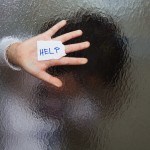
Andrew Shepherd explores the complex issue of families seeking help for first episode psychosis, investigated by researchers in a recent family narrative study, which concludes that help seeking attempts are often derailed by complex family responses to illness.
[read the full story...]




